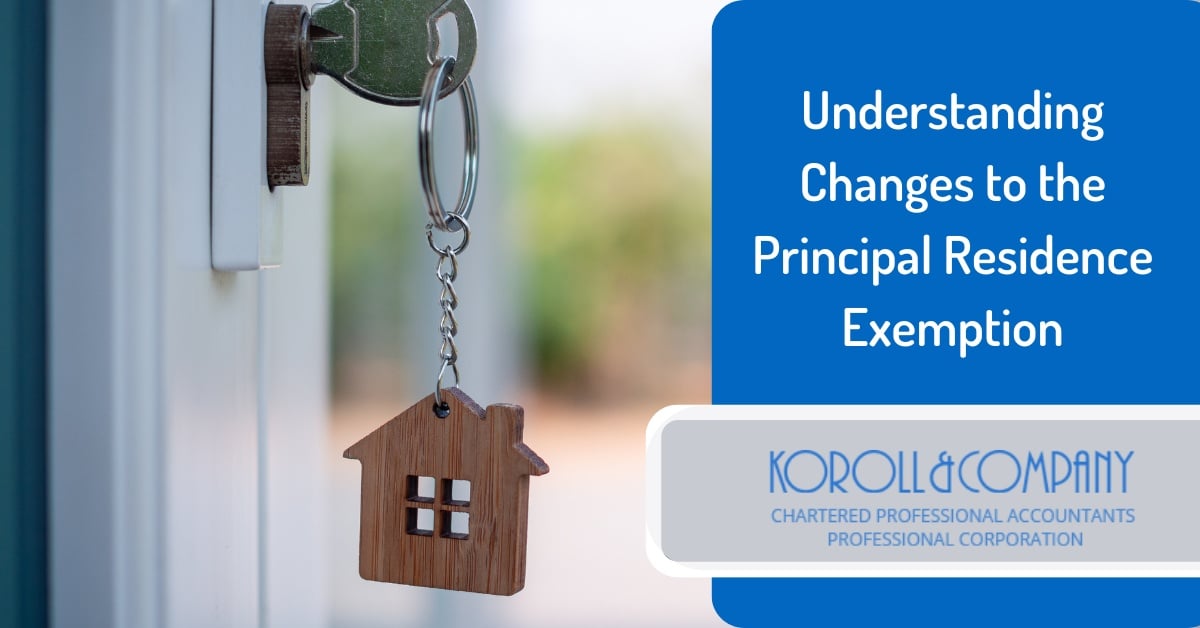 Buying your first home is a big step in life, and it means more than just having a place to call your own. In Canada, owning a home is seen as a sign of financial success and stability. It's also one of the largest financial transactions you'll ever make.
Buying your first home is a big step in life, and it means more than just having a place to call your own. In Canada, owning a home is seen as a sign of financial success and stability. It's also one of the largest financial transactions you'll ever make.
Owning a home offers tangible financial advantages. When you buy a home, you often make a down payment and borrow the rest from a bank. Over time, you pay off this loan, and at the end, the home is all yours.
Even better, in most instances, the value of your home usually grows over the years. For example, a home bought in 1999 for $200,000 could be worth $1,000,000 today.
The real financial perk comes when you sell your home. In Canada, when you sell an asset, like a cottage, and it's worth more than what you paid for it, you usually have to pay tax on 50% of the capital gain (i.e. the profit). However, when you sell your family home, any profit you make is completely tax-free.
This is thanks to the principal residence exemption, which has been around since 1972.
What is the Principal Residence Exemption?
To show you the value of this tax treatment, let’s look at a simple comparison using the $200,00 house we mentioned above. Assuming the home qualifies as a principal residence for all 23 years, you would not have to pay any tax on the $800,000 profit.
If that profit were from the sale of a cottage, it would be treated as a capital gain and you would have to pay tax on 50% of the $800,000. This would equate to about $200,000 in taxes.
While the principal residence exemption remained mostly unchanged for many years, that is no longer the case.
In recent years, the rules around the principal residence exemption have been tightened.
How Has the Principal Residence Exemption Changed?
This happened because the Canadian government noticed that the way people were using homes changed. Some people were buying and selling homes quickly just to make a profit, treating houses like commodities instead of places to live. These quick sales were often using the principal residence exemption to avoid paying taxes on their profits, which was never the intention of the exemption.
To address these issues, the government made two important changes. First, starting in 2016, they required people to report when they claimed the principal residence exemption on their taxes. This didn't change the rules for who could use the exemption or how much tax was owed, but it allowed the tax authorities to keep an eye on potential abuses.
In 2023, a second, more significant change was implemented.
Now, if you sell a property you've owned for less than a year, it's considered "flipping." In this case, you have to include 100% of the profit in your income and pay taxes on it as if it were business income. This not only means that you lose the principal residence exemption benefit … it also means that the entire profit gets taxed, not just 50%, as with a capital gain.
Let's look at our earlier example. If you bought a property for $200,000 and sold it for $1,000,000, you'd have an $800,000 profit.
If it is a principal residence and gets the exemption, you pay $0 in taxes.
If it was a cottage that you sold, you'd pay about $200,000 in taxes.
If you were to sell that property within a year, you'd pay taxes on the full gain, which would be about $400,000 in taxes.
The CRA does realize that there are instances when a home is sold within a year outside of flipping for profit. As such, the CRA has a few exceptions to the new rule. More specifically, if you sell your home due to specific life events like a death, disability, the birth of a child, a new job, or a divorce, you can still claim the principal residence exemption even if you've owned the property for less than a year.
Owning a home in Canada remains one of the best ways to save on taxes and build wealth. Most people who buy a home to live in won't be affected by the 2023 rule changes. Just make sure to follow the reporting requirements introduced in 2016 to take full advantage of the tax-saving opportunities that come with homeownership if you do decide to sell.
For more information on the rules about selling a principal residence and claiming the exemption, please contact us today.






